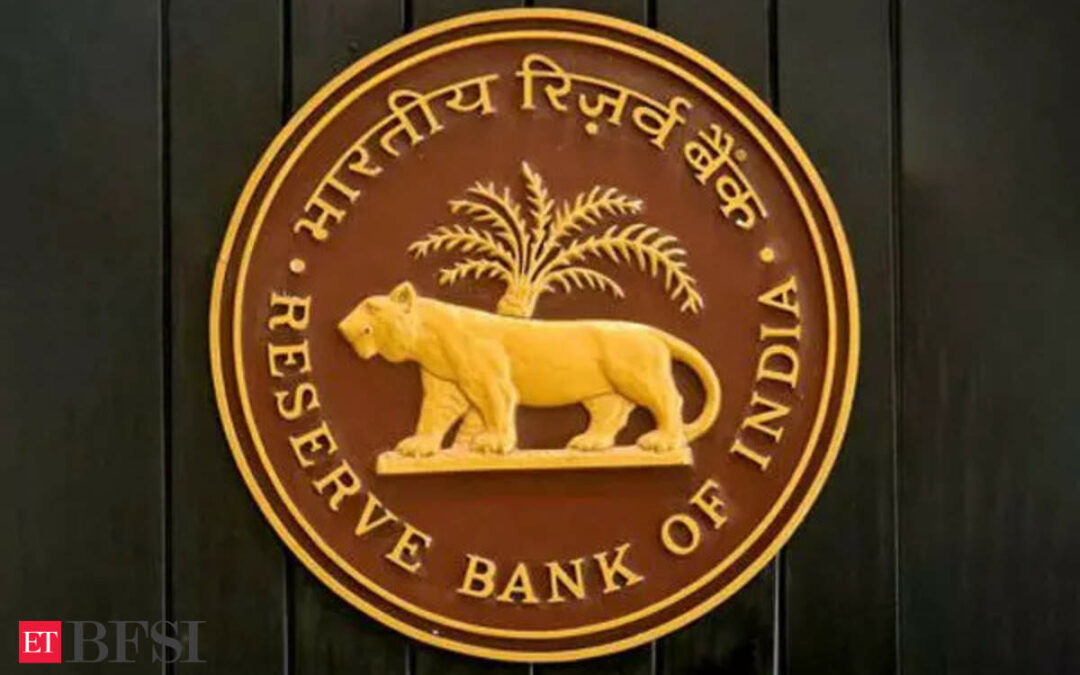Dec 3 – By Ira Dugal, Editor Financial News, with global staff.
Greetings from Mumbai!
This week on the India File, we focus on the unexpectedly weak economic growth reported for the July-September quarter. Does part of the blame lie at the central bank’s door?
The Indian government distances itself from the U.S. investigations into the Adani group, while strategic investors take divergent views. More on that in our “Quote of the week” section.
THIS WEEK IN ASIA
** Japan finalises $92 bln extra budget for fresh spending package
** After decades, China sputters as engine of global oil demand growth
** Indonesia in talks with US, Russia for nuclear power technology
** Australia’s under-16 social media ban sparks anger and relief
GROWTH SHOCKER
A sharp slowdown in India’s economic growth to 5.4% in the July-September period – well below the 6.5% forecast and the 6.7% of the previous three months – has forced markets and policymakers alike to rethink what had been seen as a cyclical slowdown.
India’s moment in the global economic spotlight is getting a bit of a reckoning, Reuters BreakingViews columnist Shritama Bose wrote.
Economists reacted to the quarterly data by paring full-year GDP growth estimates to around 6.5%. The central bank is also expected to cut its growth estimate of 7.2% when it meets this week. Read here for economists’ views on the data.
The weaker growth has widened the divide between central bankers, who remain focused on inflation, and top officials in the government, who believe that an extended period of high interest rates is hurting growth.
Reserve Bank of India Governor Shaktikanta Das, who is awaiting a decision on a rare second extension of his term before it expires on Dec. 10, will have to rethink his position when he chairs the RBI’s monetary policy committee meeting that concludes on Friday.
Most economists had been expecting a continuation of the status quo in rates until next year, but a fall in bond yields and swap rates after the GDP data signals a change in market expectations.
BEHIND THE CURVE?
India is likely to remain the world’s fastest growing major economy despite the recent slowdown. But a growth rate around 6.5% for the year falls short of the aspirational 8% growth that many economists believe is needed to push up per capita incomes and make sure job growth keeps pace with India’s rising population.
Some economists and policymakers have argued that keeping rates high to stamp out food price-driven inflation, which is little affected by rates, will hurt the country’s growth outlook.
JR Varma, a dissenting voice on the monetary panel until he was replaced in a rejig in October, warned at the August policy meeting that India’s overly restrictive monetary policy could amount to an unacceptable sacrifice of economic growth. He had been voting for a rate cut since February.
More recently, federal finance minister Nirmala Sitharaman and trade minister Piyush Goyal have publicly called for lower interest rates. Other government officials have flagged risks to growth from a credit squeeze should the central bank proceed with planned regulatory changes intended to forestall a rise in bad loans and protect banks from sudden deposit outflows. Bank credit growth has been slowing in recent months and slipped to 12.8% in October compared with more than 15% a year ago, data released on Friday showed.
Economists are now calling for action.
ANZ and IDFC First Bank are among those who say a rate cut should be considered this week given that inflation, excluding vegetables, remains in check.
Others, including HSBC, Deutsche Bank, Citibank and Axis Bank, say the central bank can start easing monetary conditions by first cutting the cash reserve ratio for banks, followed by interest rate cuts once headline inflation declines to more comfortable levels.
Will the central bank cut interest rates, or perhaps banks’ cash reserve ratio, this week? Write to me with your views at ira.dugal@thomsonreuters.com.
QUOTE OF THE WEEK
“This is a legal matter involving private firms and individuals and the U.S. Department of Justice.”
Indian Foreign Ministry spokesperson Randhir Jaiswal this week gave the government’s first official reaction to bribery allegations against billionaire Gautam Adani. “There are established procedures and legal avenues in such cases which we believe would be followed,” Jaiswal said.
The allegations, which Adani and his companies have denied, disrupted India’s parliament session this week as opposition lawmakers demanded they be taken up for discussion.
Meanwhile, Abu Dhabi’s International Holding said it had not changed its view on its investments in the Adani group and Israel’s Ambassador to India, Reuven Azar, told Reuters that his country welcomes investments from the group.
Indian banks are reviewing their exposure to the Adani group but have made no changes in their approach.
MARKET MATTERS
China’s 10-year yield dropped below 2% to its lowest on record on Monday, as a sputtering economy and bets on further rate cuts drive investors into the safety of bonds.
“Fundamentals are still very weak. Policies are merely support to prevent the economy from a hard landing, not a strong stimulus,” said Ke Zong, a former portfolio manager at hedge fund Mingshi.
(By Ira Dugal; Editing by Edmund Klamann)










